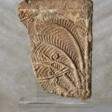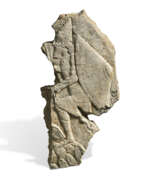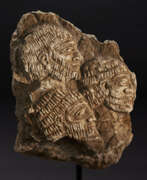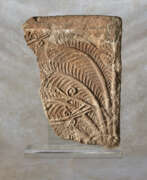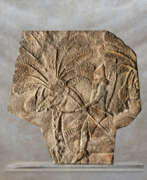Assyrian Empire

Assyrian Empire
The Assyrian Empire was an ancient Mesopotamian civilization, renowned for its formidable expansion from a city-state to a vast empire from the 14th to the 7th century BC. This empire, originating from the city of Ashur in modern-day northern Iraq, reached its zenith during the Neo-Assyrian period, under rulers such as Tiglath-pileser III and Ashurbanipal. These leaders not only commanded a powerful army that pioneered iron weaponry and innovative siege techniques but also fostered a rich cultural heritage, particularly in stone bas-reliefs.
Spanning various eras, Assyria evolved through phases from the Early to the Neo-Assyrian periods, leaving behind a legacy that continued even after its fall. It wasn't just its military prowess—marked by professional standing armies and technological advancements—but also its administrative sophistication that made it an empire to remember. The Assyrians were known for their ability to govern vast territories through effective administrative systems and for their cultural contributions, including the magnificent library of Ashurbanipal, which housed a vast collection of cuneiform texts.
Artifacts from the Assyrian Empire, such as the intricate bas-reliefs depicting royal hunts and military campaigns, are displayed in museums worldwide. They serve as a testament to the empire's grandeur and its role in shaping the history and culture of the ancient Near East. The British Museum, for instance, houses significant Assyrian collections, including the lion hunt reliefs from the North Palace of Ashurbanipal.
For collectors and experts in art and antiques, the Assyrian Empire offers a wellspring of historical and artistic significance. If you seek to delve deeper into the world of Assyrian art and artifacts, sign up for updates to stay informed about new product sales and auction events related to this monumental ancient civilization.
| Country: | Asia, Iraq, Mesopotamia, Near East, Syria, Turkey |
|---|---|
| Start of the period: | 2400 BC |
| End of the period: | 605 |
